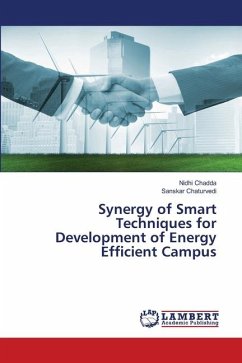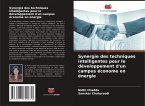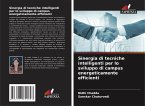The urgent global concern over climate change has spurred the development of the "Smart Campus" concept, aiming to achieve energy efficiency through advanced techniques and technologies. This study investigates the crucial need for integrating these innovations to revolutionize campus sustainability. Traditional campuses are known for resource-intensive infrastructure and substantial carbon emissions, making the adoption of smart technologies imperative. These encompass energy-efficient systems, data-driven insights, and automated controls, promising to optimize resource consumption. Challenges in adopting these technologies, their benefits in reducing energy consumption, and improving operational efficiency, are explored. Energy efficiency not only reduces ecological footprints and greenhouse gas emissions but also lowers utility costs while enhancing academic programs and facility improvements. Efficient campuses act as learning environments, fostering environmental responsibility among students and encouraging participation in global climate change mitigation. Prioritizing energy efficiency positions institutions as sustainability leaders, inspiring their communities and peers.
Bitte wählen Sie Ihr Anliegen aus.
Rechnungen
Retourenschein anfordern
Bestellstatus
Storno








